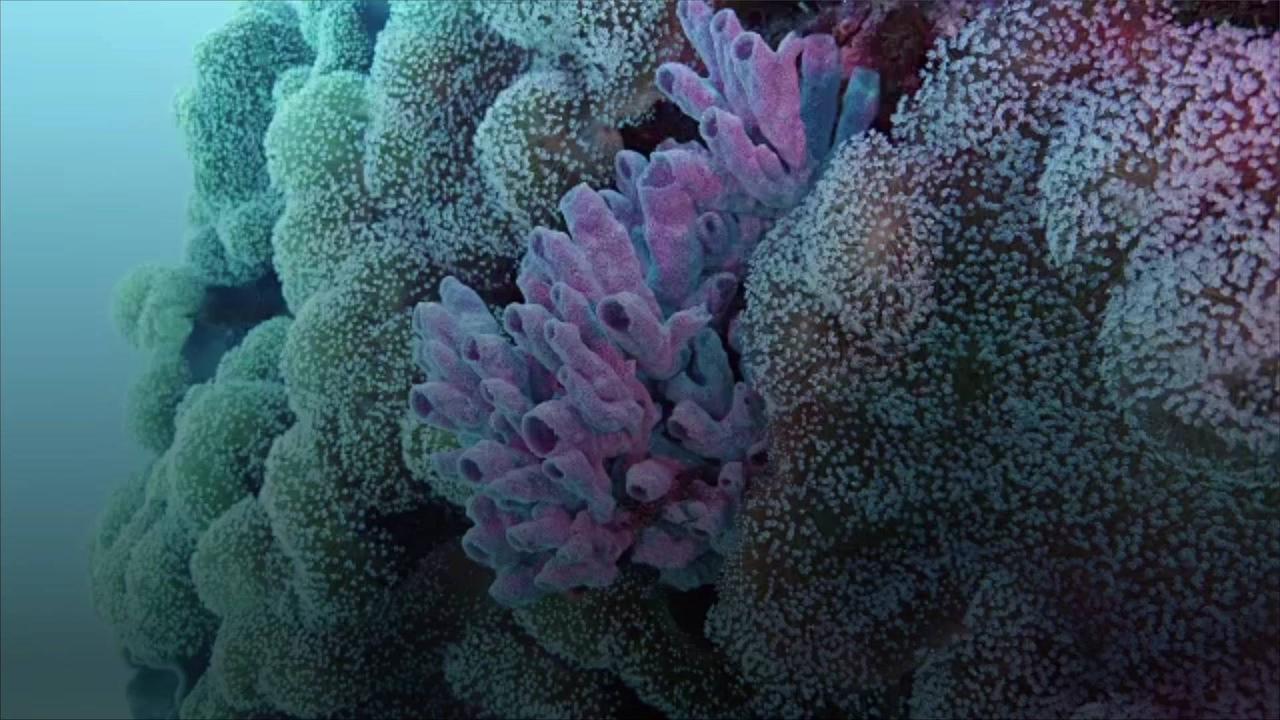Major Bleaching Events Pause Great Barrier Reef Recovery

Major Bleaching Events Pause Great Barrier Reef Recovery
Major Bleaching Events , Pause Great Barrier Reef Recovery .
'The Guardian' reports that the recovery of the Great Barrier Reef has come to a halt, with scientists citing major bleaching events among a series of other causes.
The effects from the 2022 bleaching event, the fourth in seven years, caused some coral loss on some reefs.
It is likely that those corals which survived bleaching have been affected by reduced growth and reproduction, Australian Institute of Marine Science report, via 'The Guardian'.
According to the latest annual survey of over 100 reefs, a small drop in coral cover was discovered over the northern and central parts of the reef in the past year.
.
The world's largest coral reef system is facing uncertainty while ocean temperatures rise as a result of increased greenhouse gas emissions.
Increased temperatures have resulted in a series of major bleaching events, including four over the past seven years.
.
This demonstrates that even less-severe bleaching events are enough to cause a pause in coral cover, Dr. Mike Emslie, leader of the long-term reef monitoring program at Aims, via 'The Guardian'.
While recovery over the past few years was a positive change, that , “could turn around very quickly with another mass bleaching event, and there’s still the risk from crown-of-thorns starfish and coral disease.”.
However, we are only one large scale disturbance away from a rapid reversal of recent recovery, Dr. David Wachenfeld, research program director at Aims, via 'The Guardian'.
'The Guardian' reports that scientists say that reefs could recover if temperatures are not too extreme, but they could also suffer "sub lethal" effects from bleaching.
.
The reef remains a wonderful, complex and beautiful system, but it is at increased risk with climate change driving more frequent and severe bleaching events, putting increasing pressure on the ecosystem’s resilience, Dr. David Wachenfeld, research program director at Aims, via 'The Guardian'


![Coral Reefs Are Heading Toward the Worst Global Mass Bleaching on Record [Video]](https://video.newsserve.net/300/v/20240416/1372831244-Coral-Reefs-Are-Heading-Toward-the-Worst-Global.jpg)